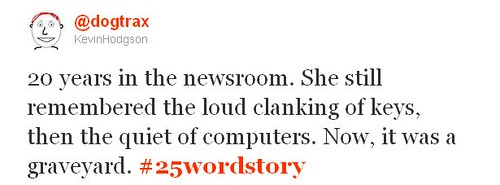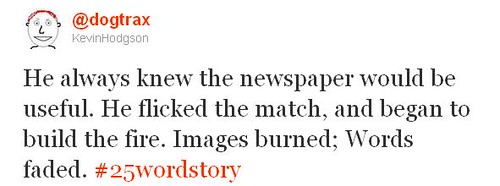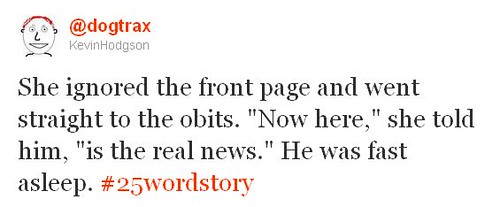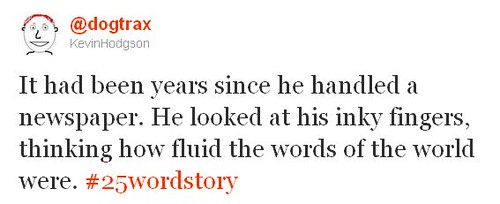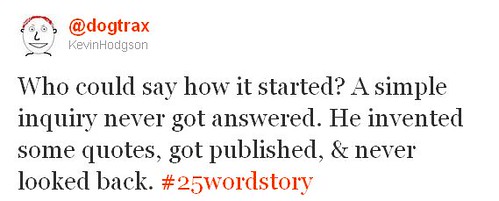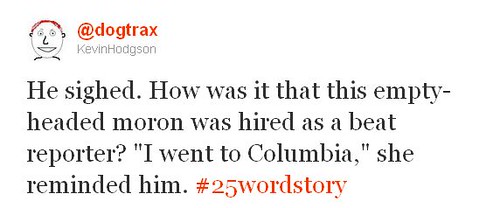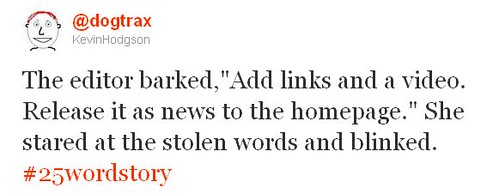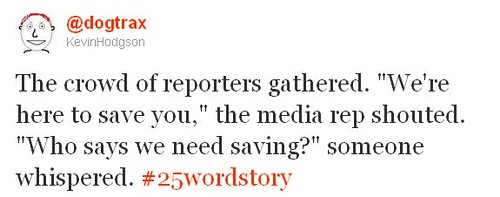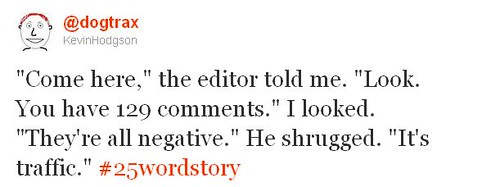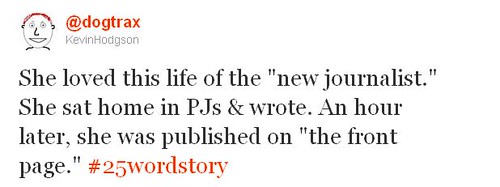Check out this quote from David Remnick (editor of The New Yorker):
… the only way to get anywhere as a writer is to have read ceaselessly and then read some more. Pound (that rat) says somewhere that it is incredible to him that so many “poets” simply pick up a pen and start writing verse and call it poetry, while a would-be pianist knows full well how necessary it is to master scales and thousands of exercises before making music worthy of the name. Playing scales, for a writer, means reading. Is there any real writing that has no reading behind it? I don’t think so. — David Remnick (as quoted at AdvicetoWriters this morning)
I call your attention to that piece of advice because I opened up my New Yorker magazine yesterday and found myself staring at an advertisement from Little, Brown and Company, except it wasn’t an advertisement. It was a wonderful two-page spread of writing by author James Patterson, extolling the virtues of reading and encouraging parents in no uncertain terms to become role models of readers for their own kids. (I guess he targeted a few places – here is a version on the CNN website.)
“Let’s face it: most of us don’t realize it but we are failing our kids as reading role models. The best role models are in the home: brothers, fathers, grandfathers; mothers, sisters, grandmothers. Moms and dads, it’s important that your kids see you reading.” — James Patterson, in New Yorker
While I am not really all that big a fan of Patterson as a writer — although I know plenty of adults and children who are fans of his books — the fact that he composed and published such a powerful call to action for adults is admirable. He also narrows his point to boy readers in particular, noting that “boys can be a little squirrelly when it comes to reading, and what’s squirrelly about them needs to be praised and encouraged.” He suggests putting all sorts of texts into boys’ hands — magazines, comics, novels, joke books, informational books, and more. Patterson notes that there is a tendency not to value works like the Guinness Book of World Records, or Sports Almanacs. “Too often, boy-appealing books are disproportionately overlooked on schools’ recommended reading lists,” Patterson writes.
Yes. I agree, and the boys in my classroom are always picking up my graphic novels and my Book of Records texts and the various texts I have around sports (particularly skateboarding and football).
Here are some websites that Patterson suggests turning to for book recommendations:
Let’s get our boys reading, and let’s not forget the girls while we are at it, either. If we want our young people to become better writers, then we need them to become better readers. This is what David Remnick was getting at it. One of the fears and worries that comes up in many meetings with parents (and in conversations with my wife and I as parents) is how the “screen time” on devices is taking away time from independent, quiet reading. This shift in activity time management concerns me, and it should concern you, too, whether you are a teacher or a parent or a member of society. The question we are facing as teachers is how to find a balance between the emerging tech-centered lives of this generation while still teaching the understanding of reading and writing as a centerpiece for literacy.
All of it is important, and losing one of those threads, particularly the love of reading, is worrisome.
Peace (in the books),
Kevin
